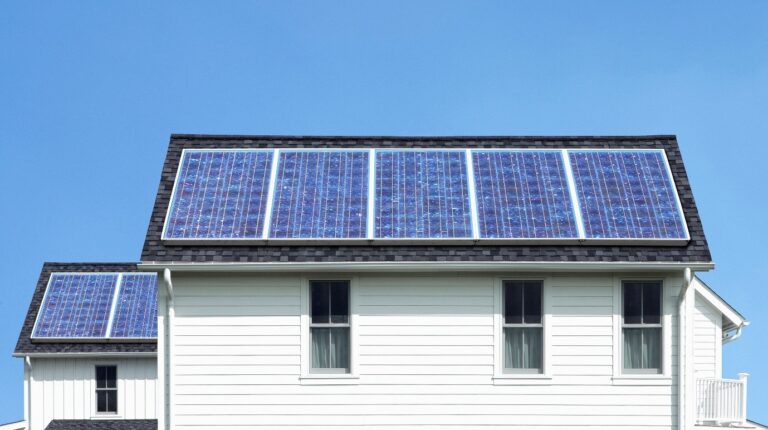
So here we are – right in the middle of a huge Climate Crisis, and with fuel prices soaring. For the time being at least, things look set to get much worse before they get better.
Global warming clearly needs to be addressed – and fast. The UK Government is aiming to bring all homes up to a minimum EPC rating of C by 2030 and for all homes to be Net Zero. But the rising bills are happening now – and causing real hardship in thousands of households across the UK.
The fuel crisis and the Ukraine/Russia war mean that listening to the news these days can be decidedly depressing. But while most of us can do very little about the state of international relations, we can look at reducing our current dependence on the fuel we are paying so dearly for, and do our bit towards combating climate change.
Whilst measures are being taken to make new housing in the UK more sustainable, what about the properties that are already built? Not everyone wants to live in a new home and older houses still have a huge appeal for buyers. So how do we go about ‘decarbonising’ our existing homes?
Solutions range from the simple to the more complex (and costly) and there is more than one way of reducing your carbon footprint and creating a more sustainable environment for yourself and your family.
Insulate
According to Friends of the Earth, the quickest and simplest way to drastically reduce your consumption of gas and lower your bills is by trapping heat inside your property and preventing it from leaking out.
Roof insulation, cavity wall insulation and double glazed windows are the immediate (and expensive) solutions that spring to mind. But simple measures such as ensuring that doors are kept closed and draught proofed using door brushes, beading and rubber seals) will also make a difference. Even letter boxes can let out heat!
Reduce Emissions
Switching off radiators in rooms that aren’t being used is an obvious, but often overlooked, option.
Radiator reflectors are also a good way of keeping a house warm, as they prevent loss of heat through the radiator’s mounting wall and can reflect up to 95% of the heat back into a room.
If you don’t already have them, heating controls to regulate your heating is another obvious one: room thermostats, a programmer and thermostatic radiator valves can all make a big difference to your emissions and lower your bills.
Switching lights off when you leave a room and taking your devices off their chargers once they are fully charged will also save a lot of wasted energy.
Taking showers rather than baths can save you money, but you’ll need to make sure your shower lasts less than 10 minutes to make a difference. If you’re a fan of a long hot shower you will probably be using more water than you would in a bath!
Commit….but do your homework first
Once you’ve taken the smaller steps to conserve the energy you are using in your household (and they will all add up) consider the longer term commitments we will all need to make before long.
Investing in more energy efficient devices (washing machines, dishwashers etc) once your current ones have come to the end of their natural lives, will save money and help the environment. It’s also worth starting to look at heating alternatives to your current gas boiler now. There are lots of options out there, including heat pumps, electric boilers, and solar panels, and these are likely to be improved and refined over time so it’s worth keeping an eye out and doing some research.
There are lots of things we can all do to save energy and live more sustainably. Whatever you choose to do, make sure you consider all your options first. Some of them won’t be as expensive as you think.
https://friendsoftheearth.uk/climate/how-can-uk-secure-affordable-energy-everyone











